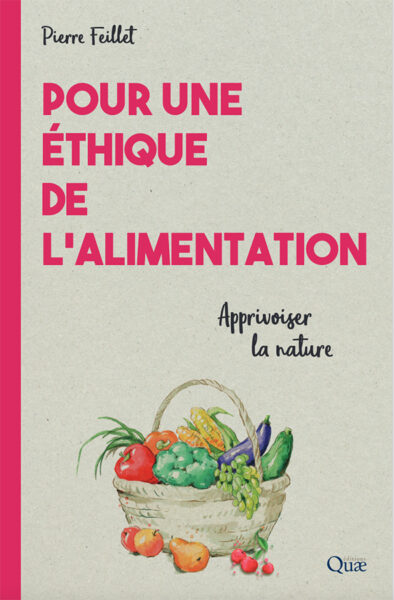For more than a decade, particularly since the creation of the G20 in 1999, an economic forum that added 10 emerging countries to the world’s most industrialized nations, Brazil has played an ever-expanding role on the international stage. The South American giant now seems set fair to compete with the world’s leading nations, particularly in the agricultural sector.
Sébastien Abis and Jessica Nardone have closely examined the rise of Brazil in the agricultural sphere, in a context all the more propitious for the fact that we have, for some years now, been seeing various forms of food crisis. In this article they outline Brazil’s assets in this domain and its international strategy. They show, in particular, how it has increasingly positioned itself as a leader of South-South cooperation with ever-increasing penetration of the Arab world. As is attested by recent developments in trade between Brazil and the countries of the southern Mediterranean, the South American giant could, in fact, become one of the main agricultural suppliers to the Arab world, largely at Europe’s expense. The authors outline three possible future scenarios at the end of their article, in which, unless the European nations make a real effort to woo the countries of the South of the Mediterranean basin, Arab-Brazilian convergence would increase in the sphere of agriculture and may, indeed, lead to genuine political cooperation that extends beyond that sector.



